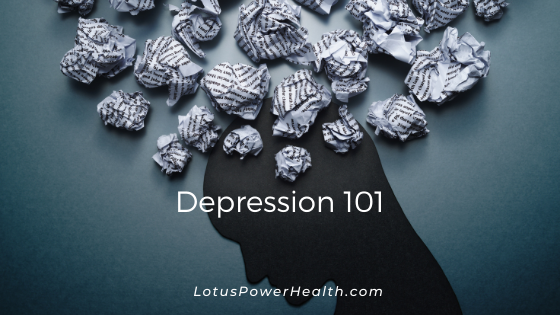If your hormones aren’t balanced, it won’t be long before you start to notice some symptoms. One of the symptoms of a hormone imbalance that drives people to seek medical care is the kind of bone weary fatigue that makes getting up in the morning feel like you’ve run a marathon.
You end up feeling like you’re dragging through the day. Most people who experience fatigue feel this way because one or more hormones are failing to keep the body working right.
One of the keys to having good hormone balance is DHEA. Your body naturally makes this hormone. Your adrenals are the organs’ responsible for the production of it. It’s the stepping stone to good hormonal health, since it’s what’s needed to balance all other hormones.
But for people who don’t make enough of this hormone, you can replace it with supplements. This hormone is known for its ability to help with muscle building, but it isn’t meant to be a steroid for building muscles.
It’s meant to be the bridge that can span the gap between hormone imbalances because it has the ability to restore normal function when things go wrong with your hormones.
By taking DHEA, you can feel like yourself again and say goodbye – not just to fatigue – but to the other symptoms of hormonal imbalance. DHEA stands for dehydroepiandrosterone and your body uses it every day.
But like with other hormones, time does make the production of this decrease. That raises your risk of a hormonal imbalance all across the board. When your DHEA gets off balance, so will your cortisol, your estrogen or any number of hormones.
You especially need DHEA in order to have the right balance with estrogen. You also need it for progesterone and your testosterone balance. Without DHEA in the right amounts, all the other hormones lose their balance and can’t get it back.
So testing your DHEA is the jumping off point when you need to look for something to restore balance. By having the right levels of DHEA, it can alleviate physical problems caused by hormone imbalances and emotional upheaval as well.
This hormone acts like the gatekeeper for your other hormones. Without it, production and levels for all your other ones can drop drastically. This is one of the reasons why your doctor checks for levels of DHEA when any blood work comes back with a hormonal imbalance.
Signs that you need your DHEA level checked include painful joints, lack of interest in sex, and mood swings – including depression and fatigue. DHEA is the glue that keeps the other hormones together. Without enough of it, they end up scrambled, trying to work but failing because they’re without what they need to get the job done.




